|
What's the difference between an Urban Planner and an urban planner? Is it a title? An educational background? A function? Urban planners have historically been everything and in between. An Engineer can be called an urban planner for laying out a development. Can an Urban Planner be called an engineer for anything? How you respond to this question will probably keep you reading (if not, just keep reading).
Look at the picture above. Does anyone really think that someone in the Planning and Zoning Department did this? The joke here is a fundamental misunderstanding of both what city planners do and of municipal operations. When the boneheads in the Streets Department threw up this sign, they created a punchline. Since the average citizen doesn't know who is responsible for which functions of city operations, they will naturally attribute many problems to the department that they can't pinpoint their function other than a catch-all for everything: City Planning.
As a result of not telling the planning story, everyone at City Hall in one way or another could be considered a city planner (little "p"), but only you have the title (big "P"). The following are typical issues that come up frequently in municipal operations that are usually answered by the little "p" city planners but are also big "P" issues (reason included):
"I want to know when a street will be built through here..." Engineering (CIP) or Planning (as development occurs) "There's too much traffic congestion..." Traffic/Engineering or Planning (site plan review, traffic inducing land uses) "Neighboring business too loud..." Police or Planning (incompatible land uses) "I want to build a building..." Permitting or Planning (zoning review) "The City needs more greenspace..." Parks and Rec or Planning (developer exactions) "Budget deficits..." Finance or Planning (low property values and unsustainable maintenance)
So when the average citizen has the City Planner on the phone, or better yet are staring across the desk from them, how does that conversation typically go?
Citizen: "This city needs more dog parks, better roads, and less crime. You're the city planner, you need to do something!"
City Planner: "Look, I tend to agree with you, and I can point you to the correct departments to discuss the issues you may have, but the Planning Department doesn't build dog parks, fix streets, or patrol the streets." Citizen: "Typical bureaucratic runaround...well what do you do?" City Planner:
The typical follow-up will depend on how much time you have, how irritated the citizen is, and whether or not you are trained well enough to be able to formulate a well-rounded response that doesn't result in the citizen saying "can't we outsource that?"
If you have been in planning long enough, you understand that many if not most issues affecting cities can benefit from a big "P" City Planner perspective: why, how often, historical cause, long-term effect, solutions. So what's the planning story? What is the value of having planners on city staff when they are not working on a Comp Plan update? The answer: planner as analyst. The term "planner" implies active planning. But in reality, the action of a planner (other than plan implementation through development code administration, of course) is analysis. Budget woes: City Planner/Analyst looks at revenue streams impacted by land use and tax policies. Traffic congestion: City Planner/Analyst looks at growth patterns and impact policies. Street design: City Planner/Analyst looks at context and appropriate LOS for area (LOS A is not always best). These are a few examples of where simply asking the CFO, Traffic Manager, and City Engineer to advise is going to miss the big story, the planning story, that pulls everything together; one that doesn't settle at blindly raising taxes, adding street lanes, and converting two-way traffic to one way. This is what planners are for and this is what we should be doing.
-kk BUT WAIT, THERE'S MORE:
|
|
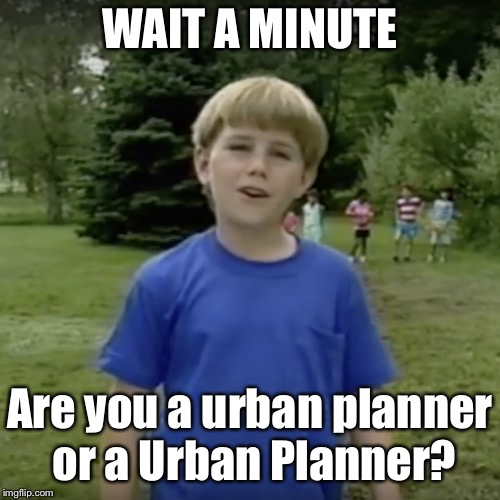
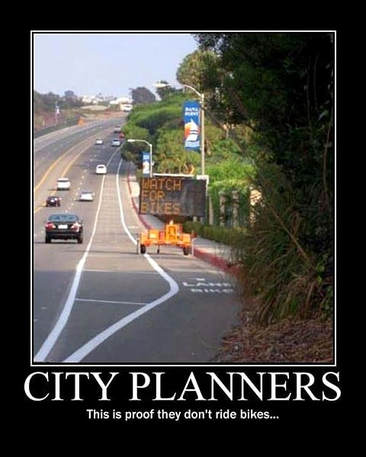
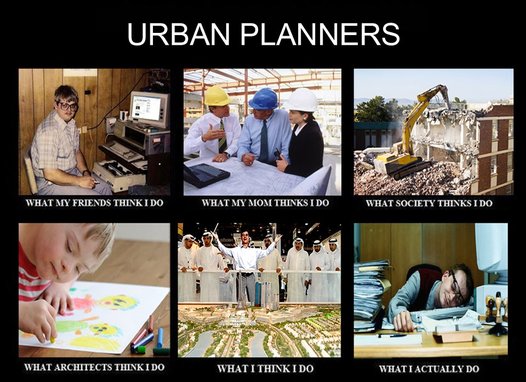
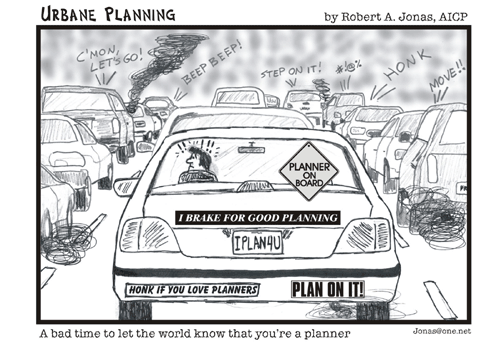
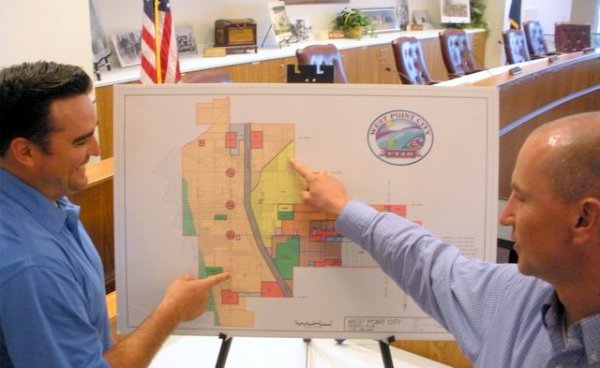
 RSS Feed
RSS Feed